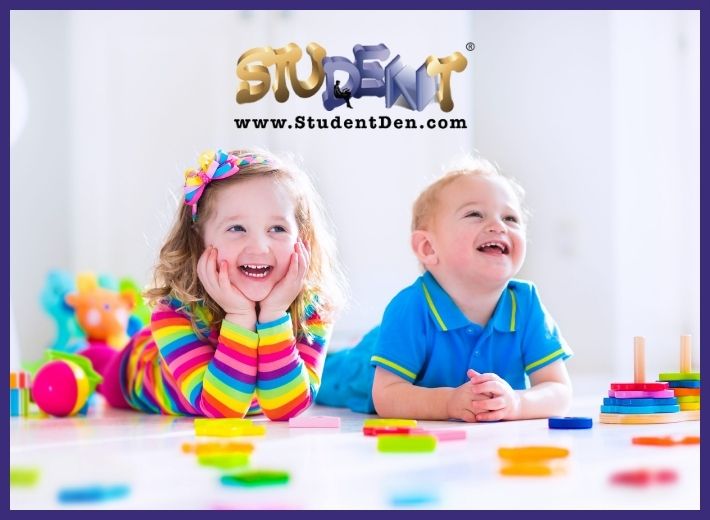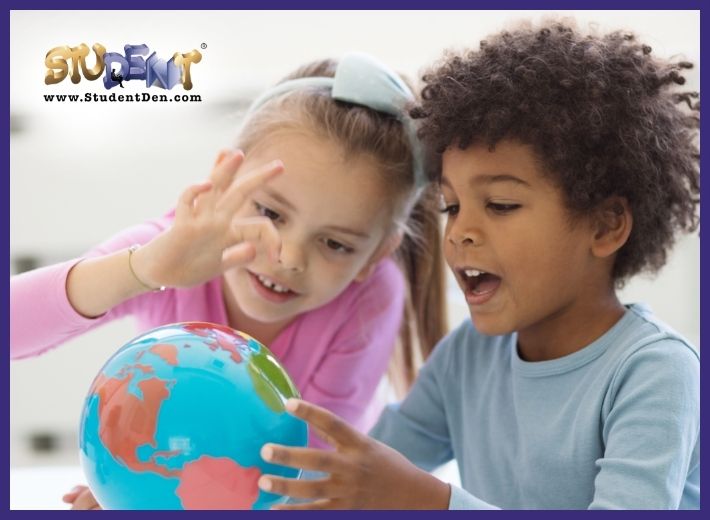
In a world as diverse as ours, the uniqueness of each individual should be celebrated and embraced. For neurodiverse children, those with varying neurological differences such as autism, ADHD, or sensory processing challenges, finding a sense of belonging can sometimes be a challenge. However, the power of community can play a transformative role in providing them with the understanding, support, and opportunities they need to thrive.
We all are different. We all are unique. This is cause to celebrate.
Yet for many children and families, the current landscape of friendships and social spaces can feel unwelcoming. Flexibility and inclusivity are often lacking, leaving little room for children who are neurodiverse, such as those who are on the autism spectrum or who have attention deficit hyperactivity disorder or intellectual disability.
There are many tools and organizations to help children with neurodevelopmental differences practice friendship-building skills and connect through social opportunities. But a larger community effort is needed, as well.
Below are some ways to welcome those who are neurodiverse into your social circle and activities. Friendship is a two-way street, of course, and all of us stand to gain in creating wider, more inclusive circles of friends. Everyone can be a friend; everyone deserves to have friends.
Understanding neurodiversity — the different ways that people think, communicate, learn, and interact with their environment — is a crucial first step.
Becoming aware and accepting of these differences creates room for people who are neurodiverse to participate in social spaces just as they are. By making room for differing abilities, we demonstrate that we value authenticity and diversity.
It may help to know that:
There is more to inclusion than being together.
Inclusion is the practice of making someone part of a group. It ensures that those who might otherwise be excluded, such as people with disabilities or members of marginalized groups, have the same rights, choices, and access to opportunities as others in the community.
Being in the presence of others opens the door to new friendships and social opportunities. But this alone is not true inclusion and does not promote belonging. Children with diverse abilities are often still stuck on the sidelines.
Sitting next to someone new at lunch or inviting someone to join a game or activity on the playground helps others feel invited and included. Parents, teachers, and other adults can help by modeling or encouraging warm, inclusive actions like these — and not just on the playground or at school.
Belonging goes one step further by ensuring that people feel valued and fully a part of their community. For children, cultivating belonging could mean
Actions like these help us recognize the value we each have to share. And, of course, it’s not only children who can hold out a hand. Together, by prioritizing genuine connections with people who are neurodiverse, learning and understanding one another’s needs, we can create a social landscape where everyone can belong.

Openness and kindness can foster a meaningful connection. Whether you’re a child or an adult, you can help through:
An inclusive community is one that values all people, and becomes whole by embracing its diversity and making all people feel like they belong. Schools, recreational programs, and community organizations all have a role in fostering inclusive social spaces and opportunities for people who are neurodiverse. And so do each of us.
Student Den is dedicated to providing personalized support and learning experiences that celebrate the strengths and abilities of every child. Our team is committed to ensuring each student reaches their full potential. Contact us at 561.213.3794. Follow @thestudentden on Instagram and make a difference in your child’s education journey.
Reference: [https://www.health.harvard.edu/blog/creating-communities-that-help-support-neurodiverse-children-202307172956]